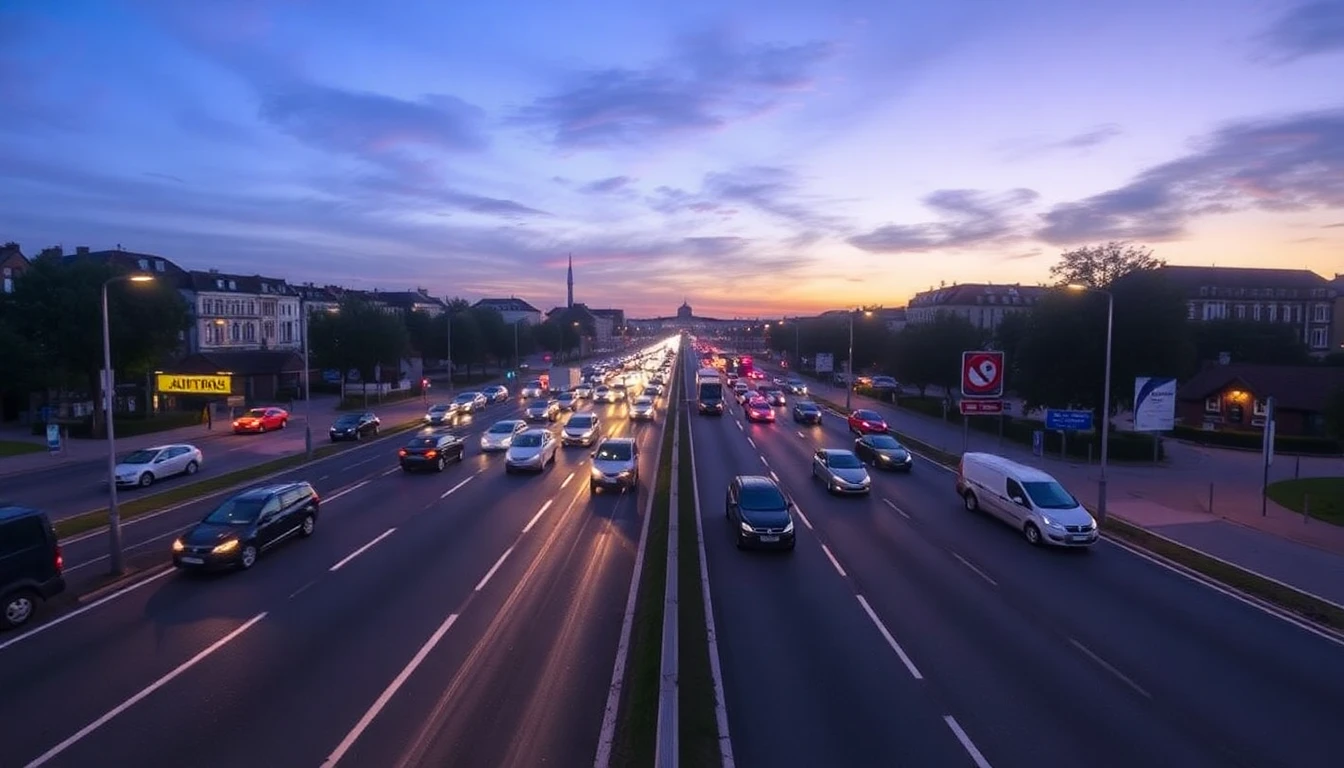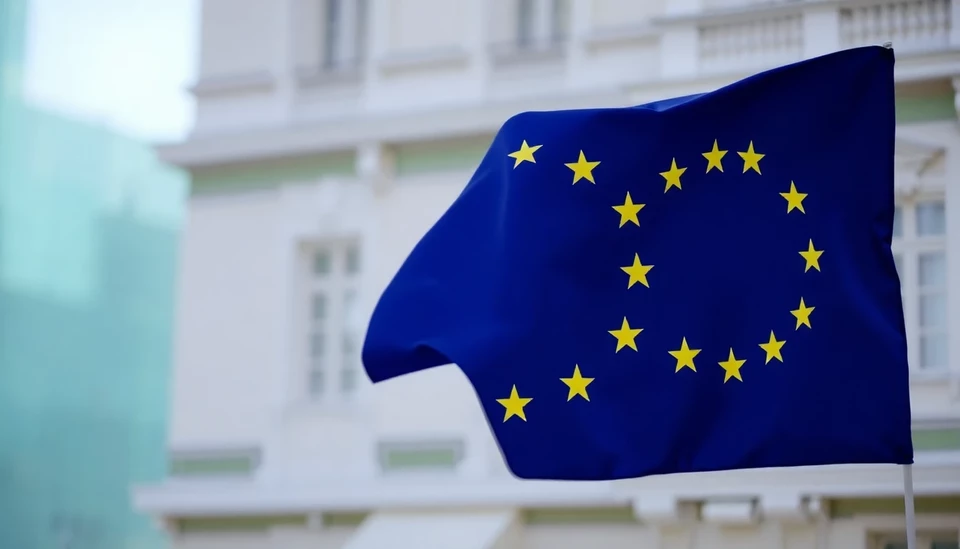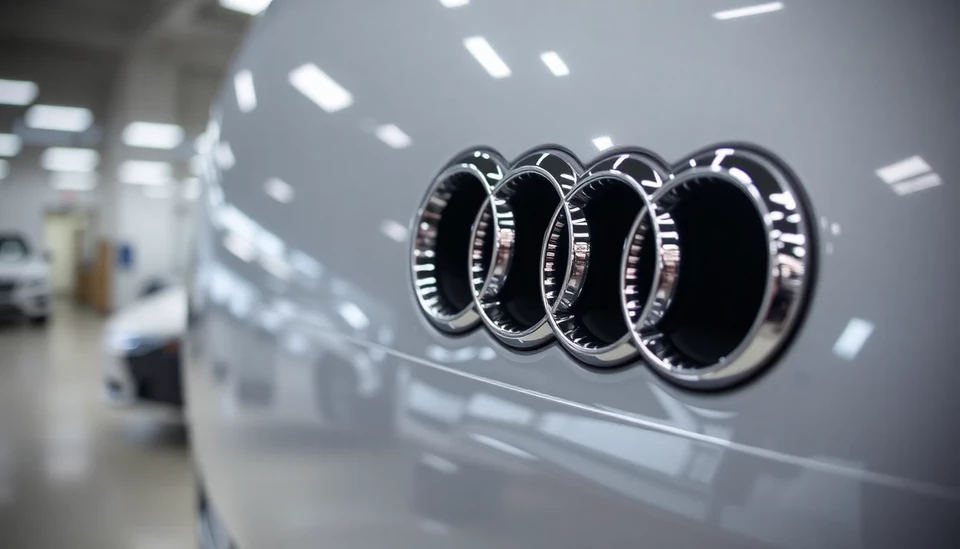
In a nod to much of the complexity in pursuing climate goals, Brussels has decided to delay more stringent limits on diesel vehicles. It comes after loud pushback from interests worried about possible economic and social impacts of an aggressive green agenda. This decision mirrors the growing tension between environmental ambitions and economic realities within the European Union-a dynamic that will surely alter as the road to transition takes place toward sustainable energy solutions.
The European Commission had planned to put in place very strict diesel emissions regulations as part of its multifaceted strategy to raise the environmental standards on the continent. This is a strategy that governments are using to cut carbon emissions by as much as possible, a measure necessary to counter the threat of climate change. However, the new development forms a conservative view wherein the commission tries to balance the demands of these environmental imperatives with the very pressing ones facing industries and consumer markets that are reliant on diesel technology.
Key industries, especially automotive and logistics, which are heavily dependent on heavy diesel machinery and vehicles, have shown their apprehensions. They say that a rapid change in the rulebook may shake off economic stability, increase operational costs in the workplace, and even result in massive job losses. Such sectors have continuously raised their voice regarding the possible outcomes and called for gradual changes to be more sustainable, offering apt time to adapt to the green technologies.
Besides, some member states have also resisted immediate passage due to national economic dependence on diesel technology. They say this would cause widespread disruption, especially not only to economies but also socially-so in regions where a great part of the workforce and industrial activities is composed of diesel.
The European Union is finding a tightrope balancing act. On one hand, it faces the growing pressure from environmentalists and constituents for radical action in the fight against global warming. On the other hand, it must take into consideration the real-world consequence for economies that are heavily dependent on traditional forms of energy.
Given this complex scenario, Brussels has decided to extend the period of application of diesel limit regulations. It is extended to give enough time for industries and the member states to adjust and find mitigative measures that retain minimal disturbances while testing sustainable options without giving unnecessary and disproportionate economic impact.
This decision underlines how difficult it is to apply environmental policy in a way that is consistent with economic and social reality. It forms part of a broader pattern whereby many governments are confronting the pressing need for environmental action with the real economic fallout that quick changes can produce.
And this, with Brussels moving to reconsider its timeline, might probably just push the debate on ecology versus economic viability to the forefront. It would be intriguing to observe how this affects the larger direction of the EU's journey toward meeting its targets for sustainability and assuming a leading role in environmental issues globally.
#Brussels #DieselLimits #GreenAgenda #EuropeanUnion #EnvironmentalPolicy #EconomicBalance #Sustainability #ClimateChange
Author: Sophie Bennett


